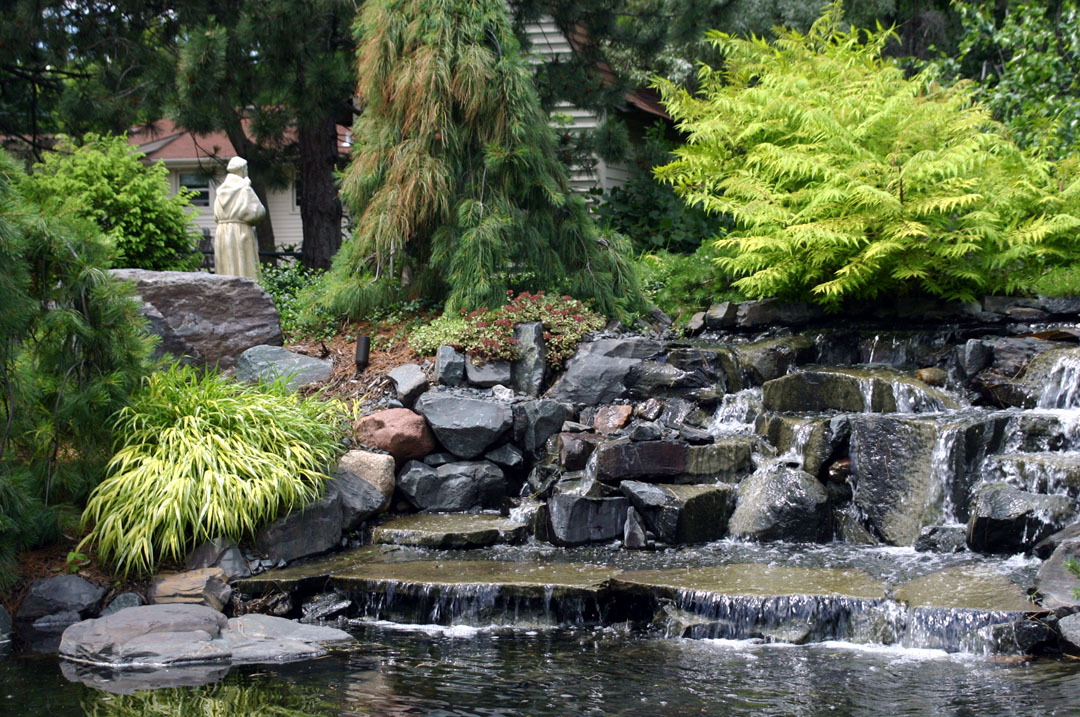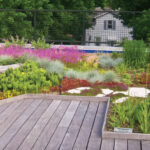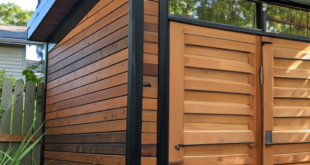Sustainable landscaping is a growing trend in the world of gardening and outdoor design. It refers to the practice of creating and maintaining a garden in a way that is environmentally friendly and preserves natural resources. By using sustainable landscaping techniques, homeowners can reduce their environmental impact, save money on water and energy bills, and create a beautiful outdoor space that is in harmony with nature.
One of the key principles of sustainable landscaping is water conservation. In many regions, water is a precious resource that should be used wisely. By choosing drought-tolerant plants, installing rain barrels to collect rainwater, and using mulch to retain moisture in the soil, homeowners can significantly reduce their water usage and protect local water supplies. Additionally, sustainable landscaping practices such as creating rain gardens and using permeable paving can help reduce erosion and prevent runoff pollution.
Another important aspect of sustainable landscaping is soil health. Healthy soil is essential for the growth of plants and the overall health of the ecosystem. By using organic mulch, compost, and natural fertilizers, homeowners can improve soil fertility and structure. Additionally, avoiding the use of chemical pesticides and herbicides can protect beneficial soil organisms and prevent pollution of groundwater and streams.
In addition to water conservation and soil health, sustainable landscaping also emphasizes the importance of biodiversity. By planting a variety of native plants, trees, and shrubs, homeowners can create a habitat that attracts pollinators, birds, and other wildlife. This not only adds beauty and interest to the garden but also contributes to the health of the ecosystem. By supporting biodiversity, sustainable landscaping helps to create a resilient and self-sustaining ecosystem that is less vulnerable to disease and pests.
One of the benefits of sustainable landscaping is its ability to reduce maintenance and upkeep costs. By choosing low-maintenance plants, using natural pest control methods, and reducing water usage, homeowners can save time and money on lawn care and gardening supplies. Sustainable landscaping also promotes sustainable land management practices such as composting and recycling, which can further reduce waste and lower maintenance costs.
Overall, sustainable landscaping is a holistic approach to creating and maintaining outdoor spaces that are beautiful, functional, and environmentally friendly. By following principles such as water conservation, soil health, biodiversity, and reduced maintenance costs, homeowners can create a garden that not only looks good but also supports the health of the planet. With the rise of climate change and increasing pressures on natural resources, sustainable landscaping is becoming more important than ever for creating a sustainable future.















